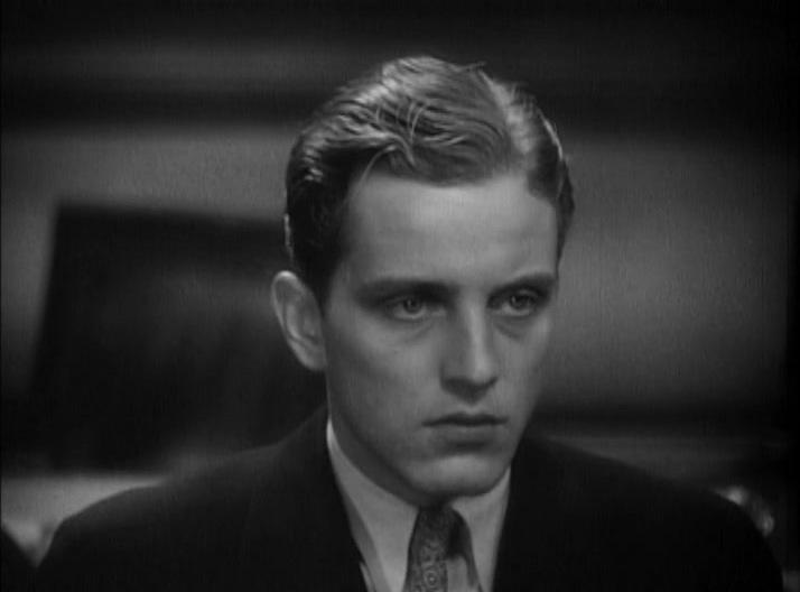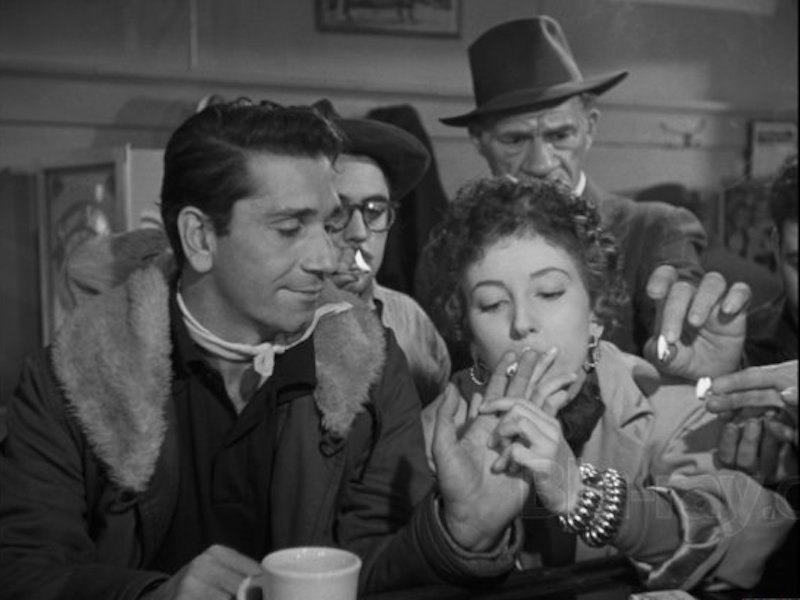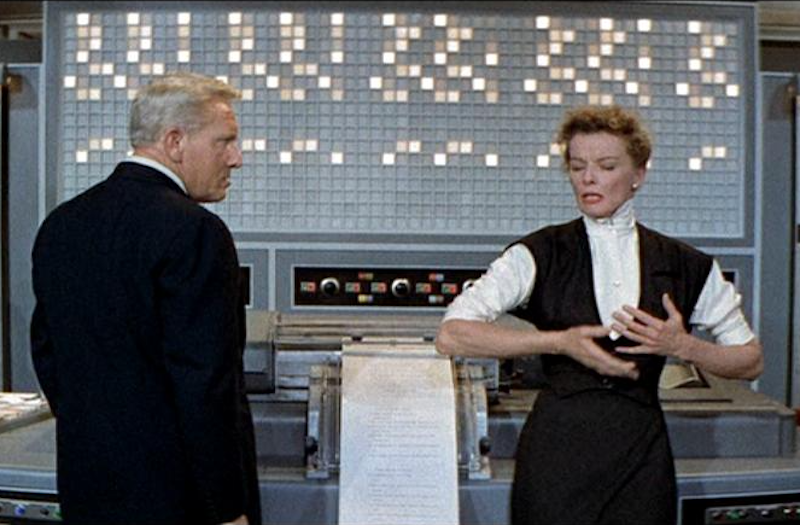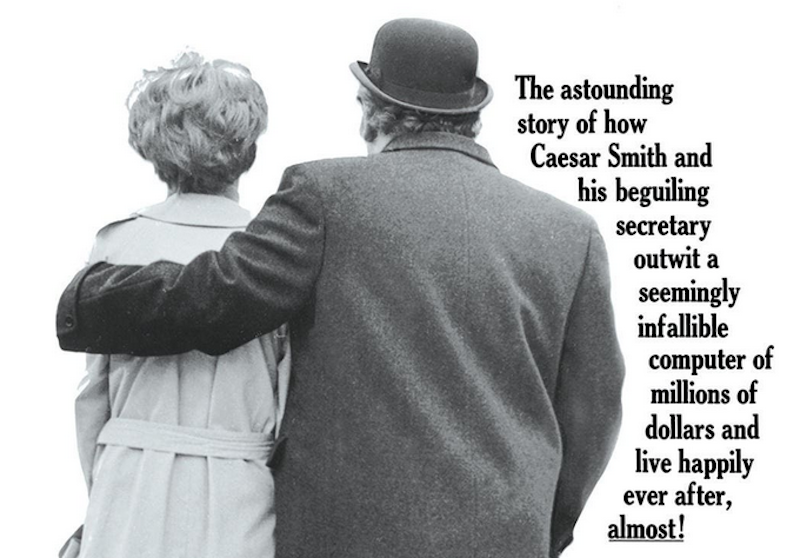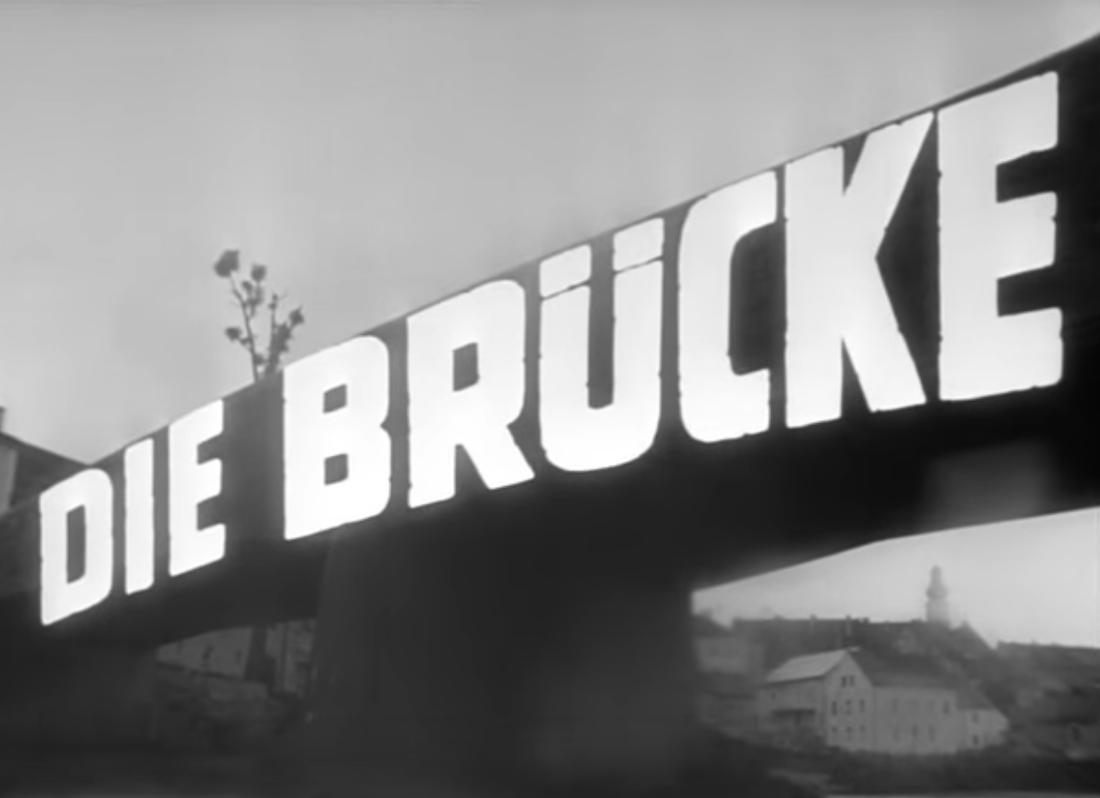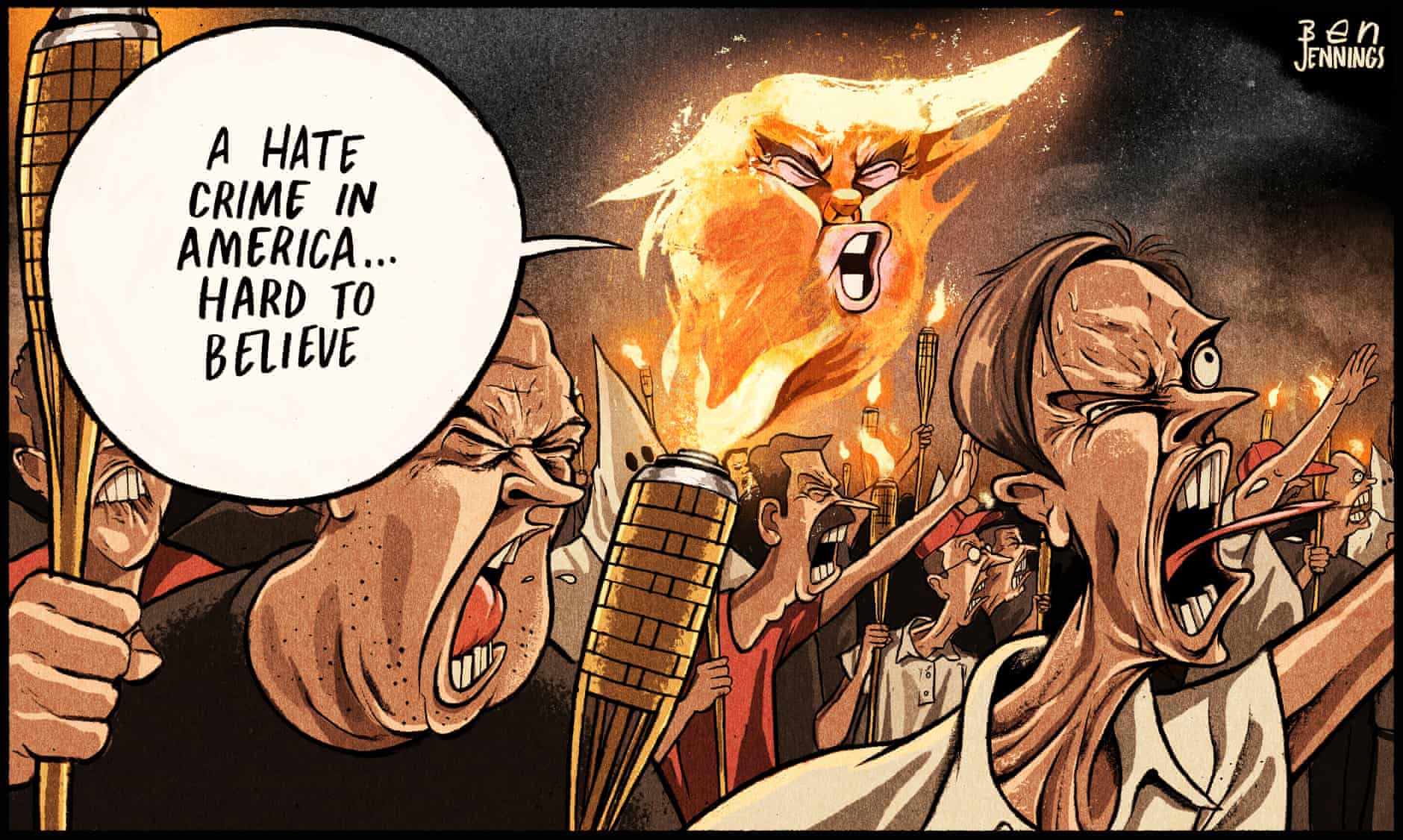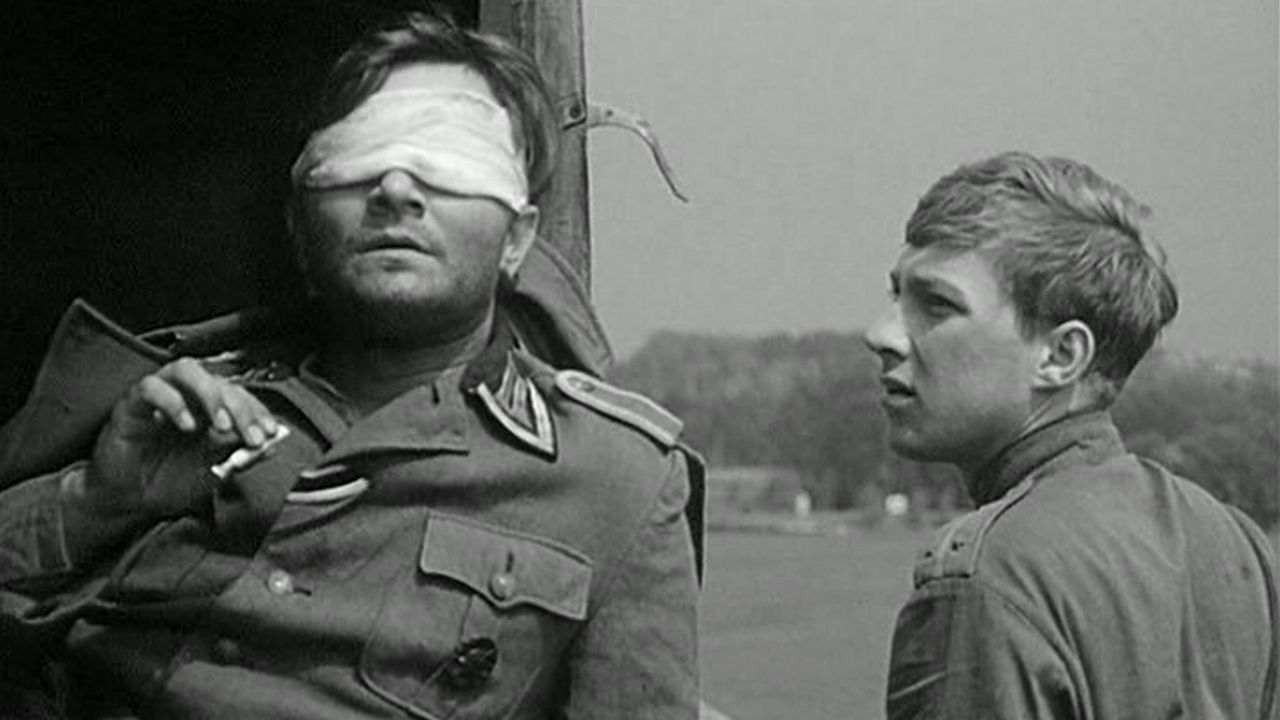"Basically, amoral social climber from poor background seduces poor factory girl, gets her pregnant, wants to marry a rich socialite and so kills poor factory girl by smashing her in the head with his tennis racket and dumping her body in a lake, fakes a canoe accident, trips self up by being basically an idiot, dies in electric chair after mercy is refused by Governor Charles Evans Hughes."
Movie Night: Thieves’ Highway
"Thieves' Highway is a classic Noir tale of truckers and apples and greed and sex and San Francisco and California and highways and death."
Movie Night: Apollo 11
"It's a magnificent bit of cinema and well-worth watching, especially on this day. It freshly reminds you of just exactly how incredible the achievement of half-a-billion people, represented by three men, was, in an incredibly difficult decade."
Movie Night: Desk Set
"Not only is it hilarious, it has fabulous midcentury (ugh, that word) interiors, jokes only librarian/book/research nerds understand, an awesome supporting cast including EMERAC and Kate gets to get blotto and talk about the "Mexican Avenue Bus" (the Lexington Avenue Bus, that is)."
Movie Night: Hot Millions
"There's a lot more than just smiles to recommend this one–ts droll English humor, its glimpse at fashions and designs and trends of 1968, the fantastic acting of everyone, including the performance of Bob Newhart, whose movie outings are often forgotten, the sarcastic wit and the satire–it's a long list and will need a second viewing to get it all."
Movie Night: Die Brücke
"It's hard to think of a better illustration of the end of the European theater of war free of the pernicious and ubiquitous American boo-yah of so many countless war films."
On Crime and Punishment This Fourth of July
"It's well worth a challenging read-and-think on everyone's part at this particular moment in the country and society."
Movie Night: Ich War Neunzehn
"Konrad Wolf's 1968 feels like a real 1945; he takes us back to his youth and we're submerged in the fog that he had to navigate through once upon a time."

